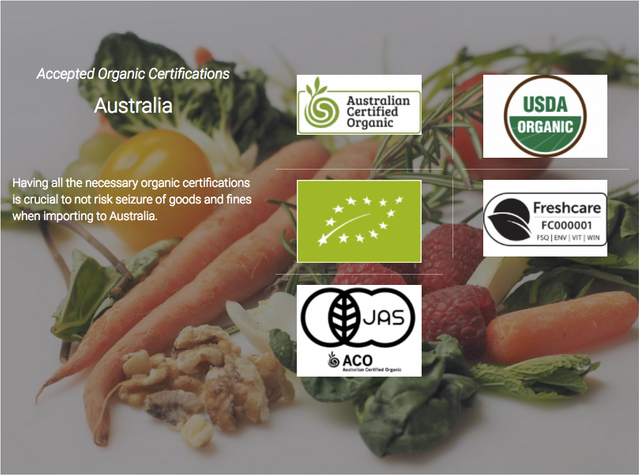How To Successfully Import Your Products To Australia Part 2

This story is a follow up to to part 1. In this post I will give you more details on how you can successfully import your products to Australia. Amazon is set to launch their Fulfillment by Amazon(FBA) program in late 2017/early 2018, so this guide is very helpful if you want to target the growing Australian e-commerce market.
Australian Business Number(ABN)
Australian companies don’t need to have an ABN. However, both foreign and domestic companies will benefit if they have an ABN. An ABN is an 11-digit number(similar to an EIN in the US) that streamlines interactions with government offices and tax authorities. This includes GST tax processing and other tax related issues on your products or business. An ABN can be obtained online and can take up to 28 days(although turn arounds are usually much faster).
Obtaining an ABN
- Apply for an ABN online.
- ASIC provides a roundup of additional information that foreign companies need to provide to get an ABN.
- The Australian Business Register also requests additional information for businesses located outside Australia.
Note: In general if businesses/suppliers fail to quote their ABN, they are subject to a withholding tax at a 46.5%! Make sure you have an ABN before importing any goods to Australia.
Certifications, Labelling & Mandatory Standards
Certifications
Australia has it’s own certification requirements issued by the Australian Standards . To check what certifications you need for your products(if any), they are partnered with SAI Global , a testing and certification third-party lab that is officially recognized by them.
Labeling Requirements
Aside from the product certification and product safety labelling, every product must meet the have the following labels:
Trade Descriptions
All products must have the correct trade description in English.
Country of Origin
The country of origin must be clearly labelled on the packaging in English(example: Made in China).
* Please note that in addition to the above, you also need to meet the Amazon FBA labeling requirements.
Mandatory Standards
Australia takes consumer safety very seriously! You need to make sure that all your products are labelled with the required safety labels and that they meet all safety & hazard regulations. You can find what the requirements are for each product here . It is a criminal offense to supply products to consumers that don’t meet all the required product safety standards.
Prohibited and Restricted Goods
Australia has a list of prohibited and restricted goods . You can still import these products if you can obtain the necessary permits & licenses.
Organic Certification
To import organic products into Australia, you need additional certifications in addition to the above requirements. If you have organic certifications such as the European Standard and USDA Certified Organic, these are normally accepted. However, the most recognized certification for organic goods in Australia is the Australian Certified Organic . You can apply online to have your products marked as certified organic. Below is a list of all the accepted organic certifications in Australia
.
Useful Links & Resources
Importing your goods into a new country is always a challenge. This is also true for Australia which is a heavy regulated country, however, the upside is that it’s a market set to grow in E-commerce sales. Having all the necessary documents, permits and licenses before Amazon launches it’s FBA program will make your transition much easier. Below I have compiled a list of all the resources and information you need to successfully import your products into Australia. While this guide has all the information up to date(as of June 2017), I always recommend you check with the relevant Australian government bodies for up to date information on importing regulations.
- Australian Business Number(ABN) Online Application
- Australian Securities and Investment Commission Guide To Register a Foreign Company
- GST Guide
- Australian GST Calculator
- Shopify’s Legal Guide To Launching an E-commerce Store in Australia
- Labelling Requirements
- Australian Department of Immigration & Border Protection Commerce Marking on Imported Goods Requirements
- Tariff Classification of Goods
- Importing Restricted & Prohibited Goods
- Free Trade Agreements
- Tariff Concessions Gazette
- Australian Certified Organic
I really hope this two-part guide will give you the necessary information and guidance to successfully expand your brand into the Australian market. If you have any questions, please leave a comment below.
Duncan